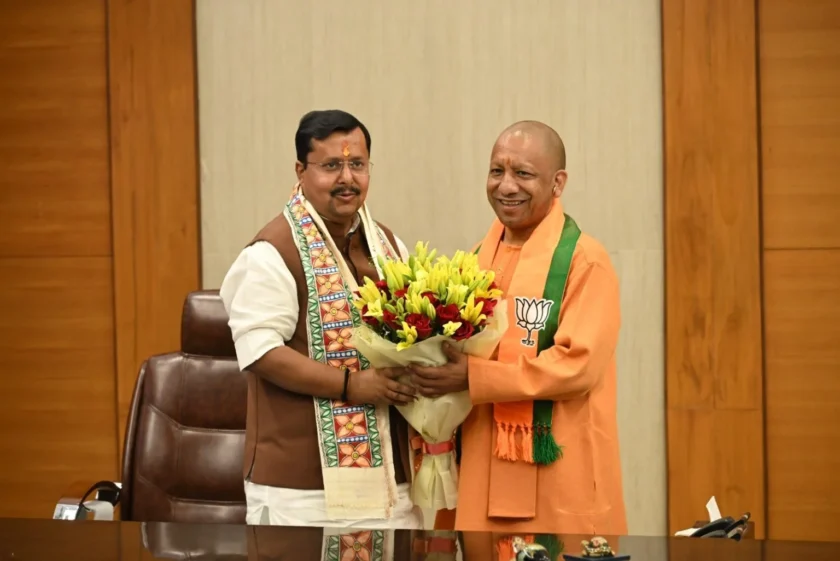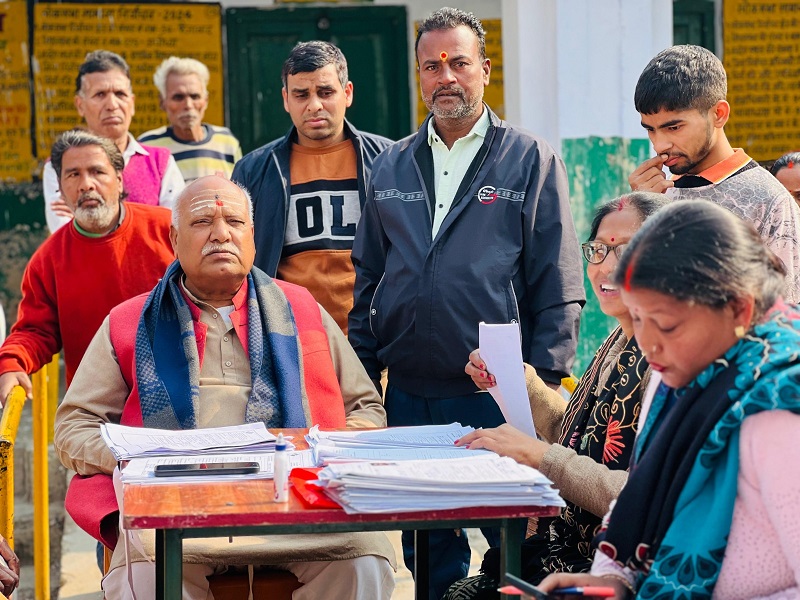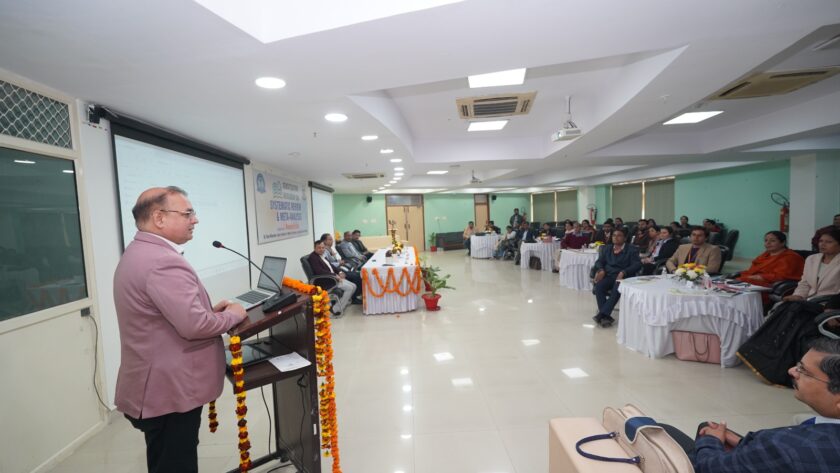New Delhi: The Supreme Court declined to entertain a contempt petition against Uttar Pradesh officials for allowing the controversial Hindu seer Yati Narasinghanand to organize the “Dharam Sansad” in Ghaziabad from December 17–21. The event has sparked concerns due to allegations of hate speech against the Muslim community.
The petition, filed by activist Aruna Roy and others, alleged that the Ghaziabad administration had failed to implement the Supreme Court’s earlier directives on curbing hate speech.

A bench comprising Chief Justice Sanjiv Khanna and Justice Sanjay Kumar advised the petitioners’ counsel, Prashant Bhushan, to approach the jurisdictional high court for relief. “We are not entertaining any contempt petition; you approach the concerned authorities,” the bench observed, adding that accepting such pleas could lead to an inundation of similar applications in the top court.
Monitoring Ordered
The bench, however, directed Additional Solicitor General K.M. Nataraj, representing the Uttar Pradesh government, to ensure stringent monitoring of the event. “Mr. Nataraj, kindly instruct authorities to maintain surveillance and preserve video footage,” the court stated, reiterating that compliance with its past directives on hate speech must be upheld.
The Supreme Court emphasized that while it would not take suo motu action in this instance, the responsibility to maintain law and order rested with the authorities. The bench underscored that the lack of immediate judicial intervention should not be construed as leniency towards violations.
Background of the Controversy
The “Dharam Sansad” has been at the center of controversy, with Yati Narasinghanand facing multiple allegations of delivering anti-Muslim speeches. In December 2021, similar events held in Haridwar and Delhi by Narasinghanand and the Hindu Yuva Vahini drew widespread condemnation for inciting communal discord.

The Supreme Court had previously ordered all states and Union Territories to register cases against hate speech offenders, regardless of their religion, and act without waiting for formal complaints. It described hate speech as a threat to India’s constitutional commitment to secularism.
Call for Action
The petitioners argued that permitting such events violated the court’s directive and could incite violence. They called for immediate steps to prevent a recurrence.
The court’s decision to redirect the case to a lower court has raised questions about the adequacy of judicial responses to communal tensions. Activists have reiterated the need for strict enforcement of laws to ensure accountability.
As the “Dharam Sansad” continues under scrutiny, the Uttar Pradesh government faces mounting pressure to ensure compliance with constitutional values. The Supreme Court’s directive to maintain surveillance and uphold law and order serves as a reminder of the judiciary’s vigilance in addressing hate speech while adhering to procedural norms.
This case remains a pivotal moment in the ongoing debate over balancing free speech and the imperative to safeguard communal harmony in India.









